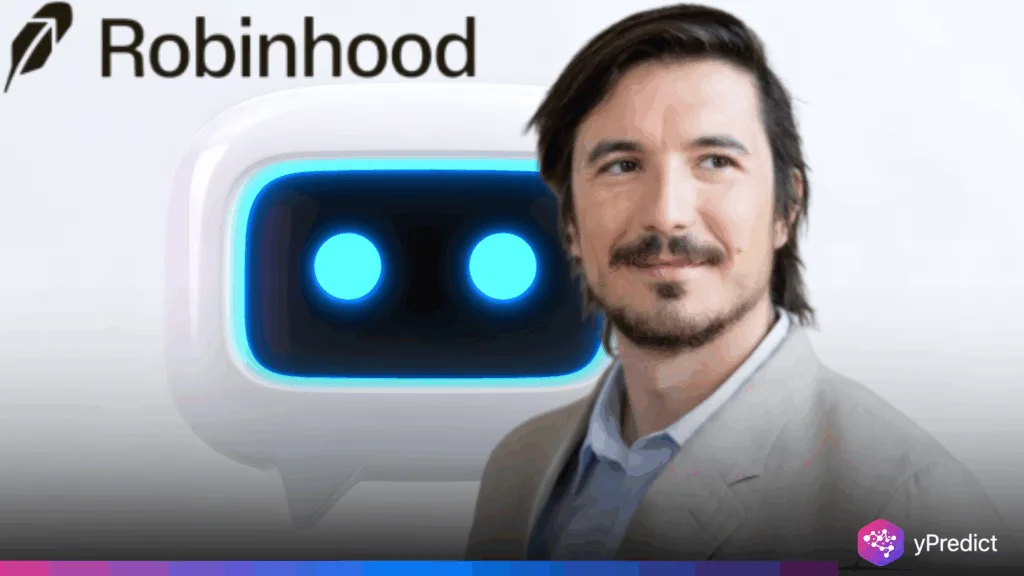
And the business world stands at an inflection point. Robinhood CEO Vlad Tenev said just that every company is going to become an AI company faster than the previous tech revolution. He spoke at the prestigious Breakthrough Prize gala, emphasizing how AI is revolutionizing companies everywhere. McKinsey’s data reveals that 78% of them are applying AI to a minimum of one use case, a rise from 55% in early 2023. And this rapid adoption has caused companies to scramble to deploy AI tools so they don’t get left behind, forever. And the transition isn’t just occuring, it’s accelerating.
The Speed of AI Revolution
Old school tech adoption had years to decades to esterify. Enterprises phased in email systems, cloud computing, and digital flows through the late 20th century. But AI’s trajectory feels very different. Tenev’s analogy highlights how generative models and natural language processing are compressing transformation timeframes from decades to years.
Robinhood exemplifies this acceleration. The trading platform generates roughly half of its new code with AI tools, outpacing tech giants like Microsoft and Google at 30%. Almost all Robinhood engineers now use GitHub Copilot and Cursor for development. It’s a revolution in software.
McKinsey’s survey data confirm Tenev’s timeline estimates. Businesses aren’t playing around with AI anymore — they’re deploying it at-scale commercially. And enterprises are nearly twice as likely to have dedicated AI roadmaps as SMBs. But only 25% weave AI into strategic workflows.
Implementation Challenges and Opportunities
Real change requires more than the gleam of affirmation. Companies encounter significant obstacles to truly transformative, not just additive, AI. The biggest bottleneck isn’t platform availability–it’s re-training human workforces to work alongside AI.
Robinhood’s story is just as cautionary as it is motivating. Although the company uses AI for coding in its development phase, it was fined $70 million finra and $29.75 mn recently for failure-to-pay These problems underscore how AI deployments have to be careful multitasking while stirring enthusiasm.
The skills gap is killer also. Workers need training to work alongside AI applications. These companies also need to invest in training and change management. Firms that leap this chasm will be the future, ones that don’t will threaten permanent obsolescence. For instance, the UNESCO 2024 AI ethics framework requires auditable systems and multi-stakeholder input — both will inevitably blend humans with automation.
The Future Landscape
Tenev’s forecast, however, is looking more and more plausible in the face of adoption trends thus far. That, along with powerful AI models, accessible development tooling, and competitive pressure, is creating an unprecedented tailwind for change. And for firms late to AI adoption, the danger is more — they’ll be irrelevant in years, not decades. But strategy, not hurry, wins. Robinhood’s checkered past shows that just because you can, doesn’t mean you should — or that you won’t end up in hot water. The future winners will combine AI’s engineering possibilities with its real world chaos. The companies that survive these crucibles will be tomorrow’s giants and those that fumble will be left in the dust. The AI revolution isn’t coming — it’s already arrived and the clock is ticking.






